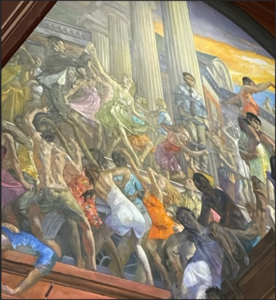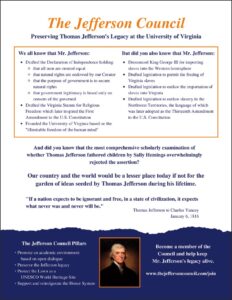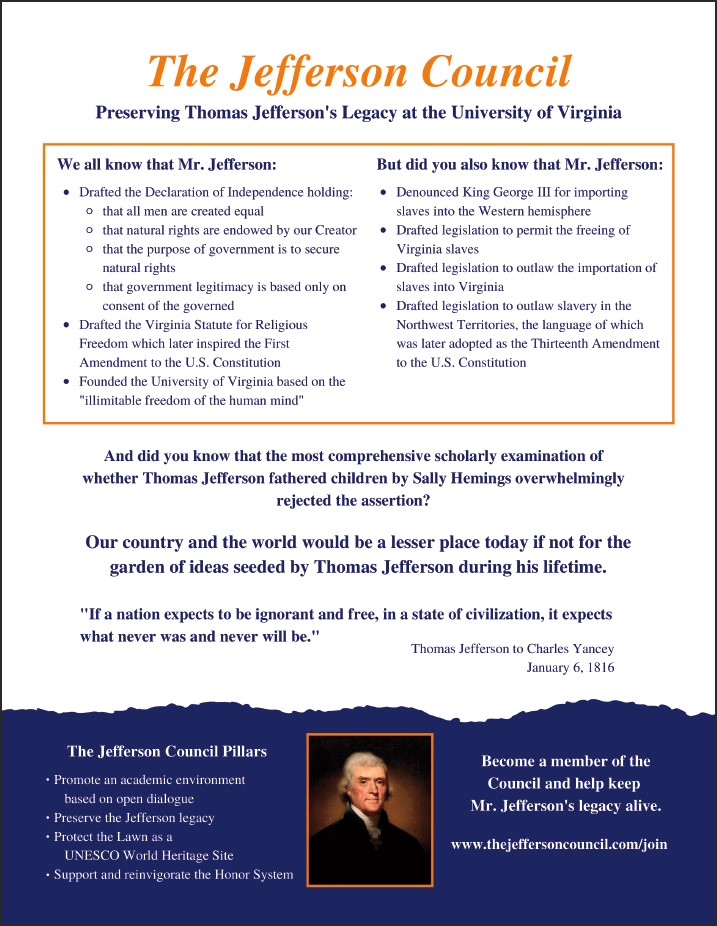by Scott S. Powell and Ann McLean
The United States is under a cultural and ideological attack that threatens its continuity and survival more than at any previous time in the 239-year history of the nation. And since the leaders of this attack think strategically, it should come as no surprise that Virginia would be in the crosshairs of a new kind of battle to transform America.
Virginia is the key state that gave birth to the United States, and this state has more historical sites than any other — approximately 130 in all. Yorktown and Appomattox Courthouse, both in Virginia, were the sites of the final battles of the Revolutionary War and the Civil War. Thus, America-haters know that if the history and culture of Virginia can be denigrated and rewritten, the rest of the country will be easier to take down.
Four of the first five U.S. presidents came from Virginia. George Washington, who led the Continental Army to victory in the War of Independence, would become the first president. At the outset of that war, Thomas Jefferson, who drafted the Declaration of Independence, became the third president. James Madison, the fourth president of the United States, drafted the Constitution. James Monroe, the fifth and last president among the Founding Fathers, was the brave 18-year-old volunteer soldier holding the American flag in Emanuel Leutze’s famous 1850 painting, “Washington Crossing the Delaware,” sitting in the boat right behind resolute commander-in-chief Washington. Continue reading








